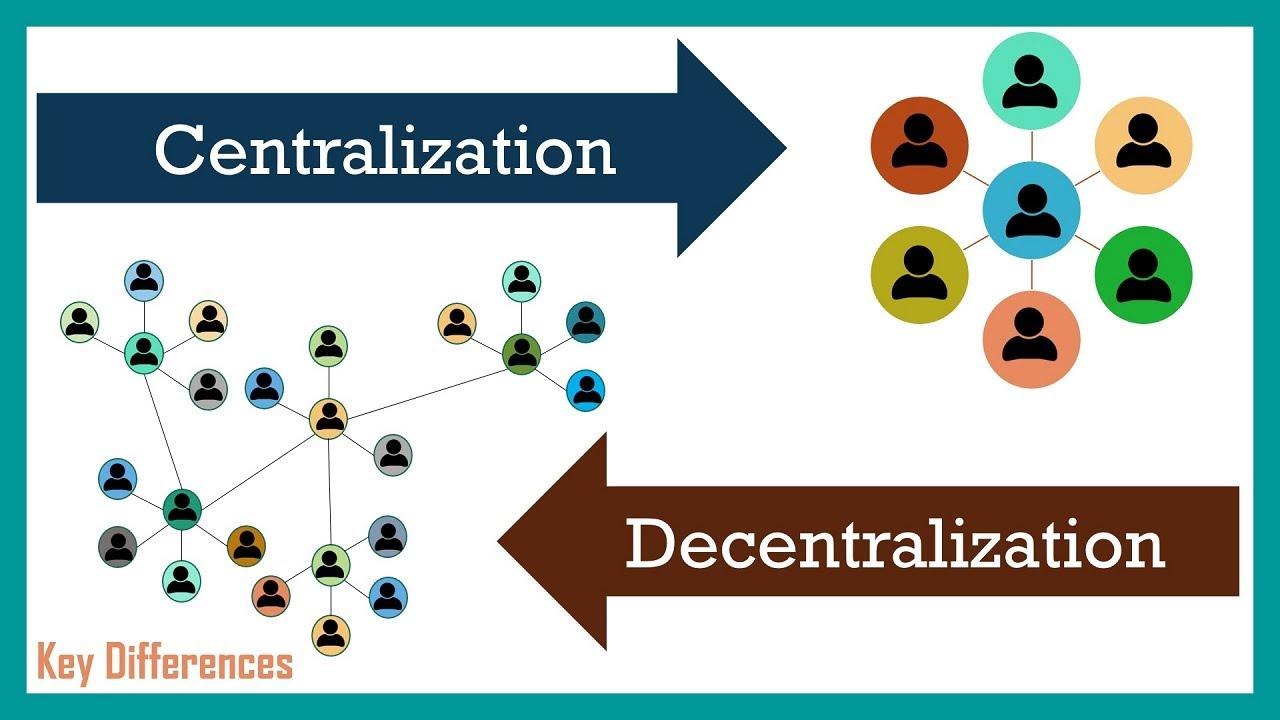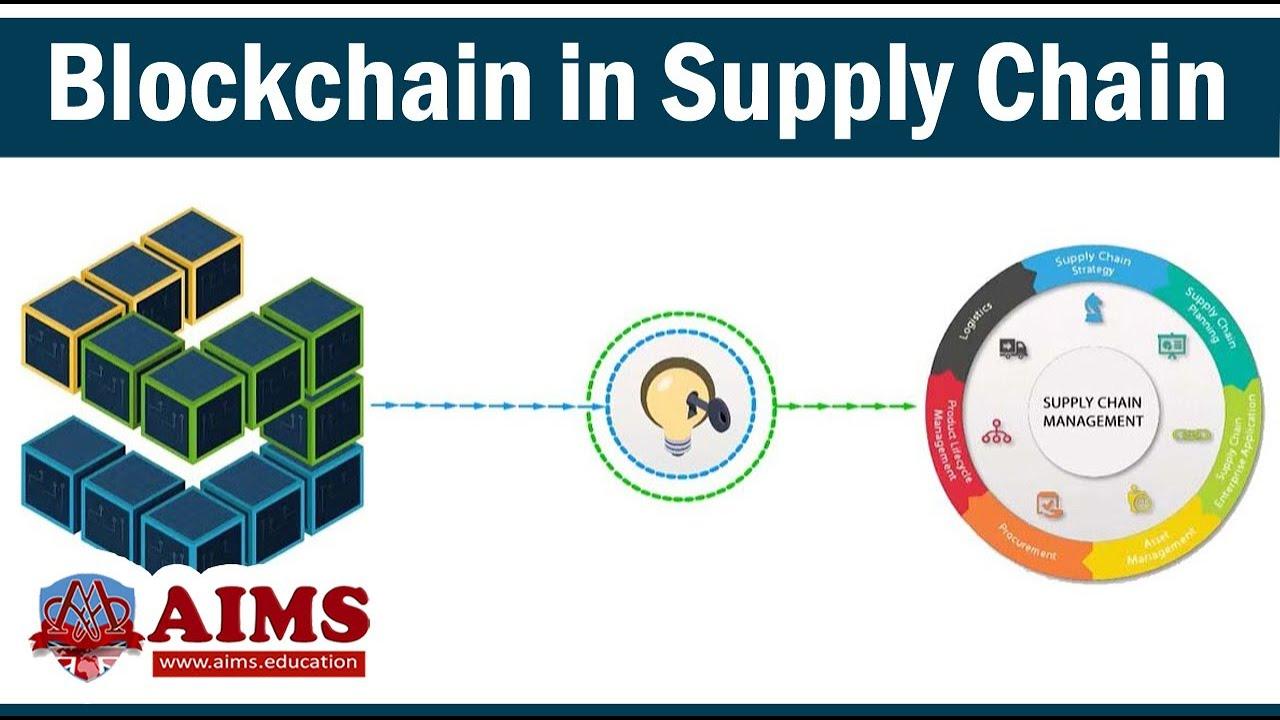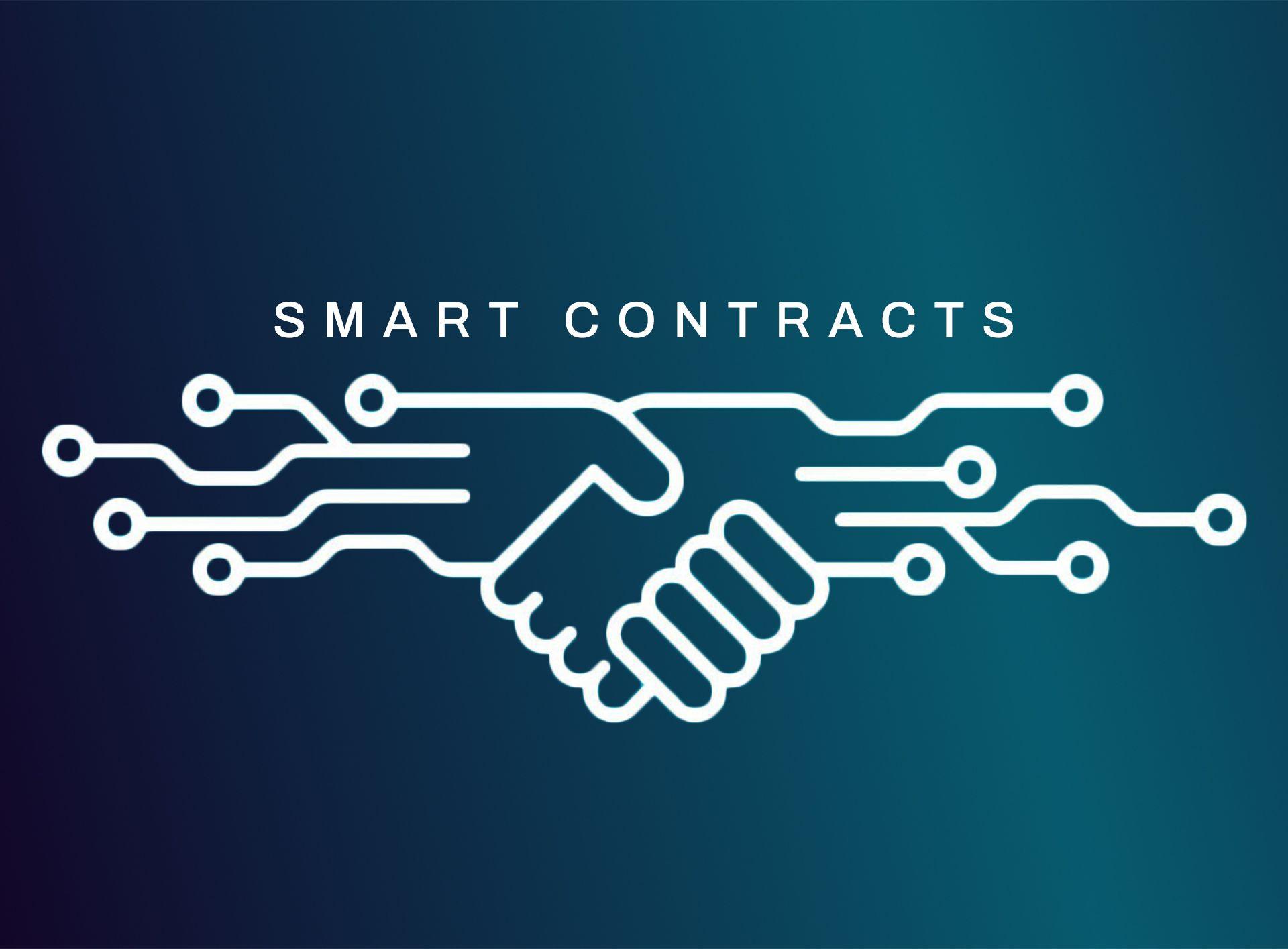In an era where technology is evolving at an unprecedented pace, the term “blockchain” has emerged as a beacon of innovation, poised to redefine industries and reshape our very understanding of trust and transparency. As we stand on the threshold of a digital revolution, this decentralized ledger technology is unlocking possibilities that extend far beyond cryptocurrency. It promises to revolutionize sectors ranging from finance and supply chain management to healthcare and voting systems. In this article, we will embark on a journey to explore the multifaceted potential of blockchain, examining its current applications, future prospects, and the challenges it faces along the way. Join us as we delve into this transformative technology, uncovering how it might unlock a future marked by enhanced security, efficiency, and collaboration.
Harnessing Decentralization to Redefine Trust Across Industries
In an era where the sanctity of trust is continually questioned, blockchain emerges as a beacon of transparency and security. By employing a decentralized network, blockchain eliminates the need for a central authority, thereby creating a trustless environment. This innovative technology enables stakeholders across various sectors to engage with enhanced confidence, knowing that transactions and interactions are encrypted, immutable, and easily verifiable. With smart contracts, for instance, automated agreements executed on the blockchain ensure that all parties fulfill their obligations without reliance on mediators, thus fostering an ecosystem of accountability.
The impact of this technology extends beyond cryptocurrency, as it redefines trust in industries such as finance, healthcare, supply chain, and more. Consider the following key applications of blockchain that illustrate its transformative potential:
- Supply Chain Management: By tracking the provenance of products, blockchain enhances transparency and prevents fraud.
- Healthcare: Securely storing patient records fosters patient privacy while enabling seamless information sharing among providers.
- Voting Systems: Blockchain-based voting can ensure integrity and transparency, combating electoral fraud.
With these applications, traditional notions of verification and trust are being reshaped, offering a collaborative environment where businesses and consumers alike can engage without the usual barriers of skepticism. As industries begin to adopt decentralized frameworks, the question is no longer if blockchain will redefine trust, but rather how swiftly it can permeate our daily lives and practices.

Empowering Transparency: The Key Benefits of Blockchain in Supply Chain Management
In the realm of supply chain management, blockchain technology stands out as a transformative solution that enhances traceability and accountability. By creating a decentralized ledger, blockchain allows all parties involved in the supply chain to access real-time data, reducing discrepancies and fostering trust among stakeholders. This open access encourages collaboration and enhances the ability to quickly identify and address inefficiencies. For instance, if a product is recalled, the origin can be traced back through the blockchain, enabling companies to act swiftly and minimize risks to consumers.
Moreover, the immutable nature of blockchain ensures that once data is recorded, it cannot be altered or deleted, thereby enhancing security and integrity. This attribute is vital in combating fraud and guaranteeing that the information related to product provenance is accurate. As supply chains become increasingly complex and global, transparency becomes essential. With blockchain, companies can provide consumers with verifiable proof of ethical sourcing and sustainability, reinforcing brand trust. Key benefits include:
- Improved Data Accuracy
- Enhanced Traceability
- Cost Reduction
- Increased Consumer Trust

Innovative Applications of Smart Contracts in Everyday Transactions
The integration of smart contracts into everyday transactions offers a transformative approach to how we conduct business. These self-executing contracts with the terms of the agreement directly written into code can automate processes, reduce costs, and increase trust among parties. Imagine a scenario where an individual rents a property: instead of traditional methods, a smart contract can automatically release funds once conditions are verified, such as the tenant entering the property on the agreed date. This innovation not only speeds up transactions but also minimizes the risk of disputes, as all requirements are transparently coded and immutable.
Additionally, smart contracts have begun to revolutionize industries like supply chain management, insurance, and even entertainment. For instance, in the music industry, artists can utilize smart contracts to ensure they receive automatic payments each time their work is streamed or downloaded, eliminating intermediaries and ensuring fair compensation. Here are a few notable applications:
- Real Estate Transactions: Automatic title transfers upon payment confirmation.
- Insurance Claims: Instant payouts upon the verification of claim conditions.
- Voting Systems: Secure and transparent ballot casting and counting.
| Industry | Smart Contract Benefit |
|---|---|
| Real Estate | Streamlined buying/selling process |
| Finance | Automated loan approvals |
| Healthcare | Secure patient data sharing |

Navigating Regulatory Challenges: Ensuring Compliance in a Blockchain-Driven World
As the innovative landscape of blockchain technology continues to evolve, so too do the regulatory frameworks that govern its use. Businesses leveraging blockchain must stay ahead of the curve by understanding the complexities of compliance in a rapidly changing environment. Key areas to focus on include:
- Data Privacy Regulations: Adhering to laws like GDPR is crucial for managing personal data on decentralized networks.
- Anti-Money Laundering (AML) Compliance: Implementing stringent protocols to prevent illicit activities is essential for maintaining trust.
- Tax Obligations: Properly navigating the tax implications of blockchain transactions can prevent legal dilemmas.
- Securities Regulations: Understanding when various digital asset offerings may be classified as securities is vital for compliance.
Organizations must adopt a proactive approach by fostering collaboration between legal, compliance, and technology teams to create a culture of compliance. Utilizing technology solutions can enhance tracking and reporting capabilities while ensuring adherence to both local and international regulations. For a clearer perspective on key compliance challenges, consider the following table:
| Compliance Challenge | Potential Impact | Strategic Response |
|---|---|---|
| Data Breaches | Legal penalties and reputational damage | Implement robust security measures |
| Regulatory Uncertainty | Increased operational risks | Engage with regulatory bodies |
| Market Manipulation | Loss of investor confidence | Enhance transparency measures |
The Way Forward
As we stand at the precipice of a technological revolution, the promise of blockchain technology beckons with the lure of transparency, security, and innovation. Its potential to redefine industries, streamline processes, and empower individuals is nothing short of remarkable. Yet, as with any transformative force, the journey ahead is fraught with challenges that require careful navigation.
As we continue to unlock the future of blockchain, it is essential to remain vigilant, curious, and open-minded. The interplay between technology and society will shape the trajectory of this powerful tool, and our collective choices today will determine how it influences our world tomorrow.
In exploring the vast possibilities that blockchain offers, we invite you to engage in this conversation, question the status quo, and envision a landscape where trust and efficiency coexist harmoniously. The future is being written now—let us all play our part in shaping an inclusive and innovative tomorrow.



